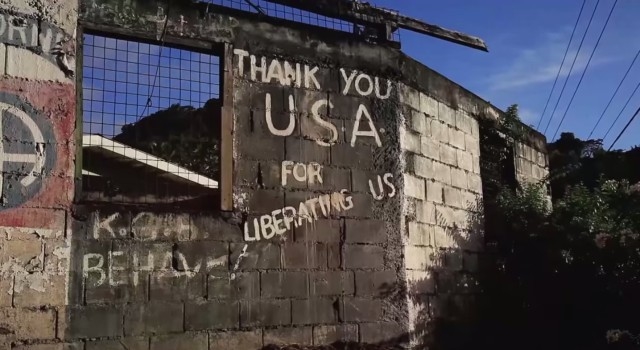Despite a bitter relationship that goes back to 1961, when the two countries severed ties, and which brought the world to the brink of a nuclear war during the Missile Crisis of 1962, Cuba and the United States have actually only exchanged shots directly on one single occasion.
It was in 1983, amid political unrest in the tiny Caribbean nation of Grenada. Following a Marxist military coup, then U.S. president Ronald Reagan ordered the invasion of the island where the Cuban regime had already deployed envoys and military advisors.
Fighting lasted only four days. Shortly thereafter, American troops withdrew and a new Prime Minister was in place. From a U.S. perspective, the invasion was considered a success.
As the governments of both nations work to normalize relations after five decades of estrangement, Americas Now correspondent Stephen Gibbs traveled to Grenada to examine what lessons can be learned for the present day from this significant Cold War conflict.

 CGTN America
CGTN America
